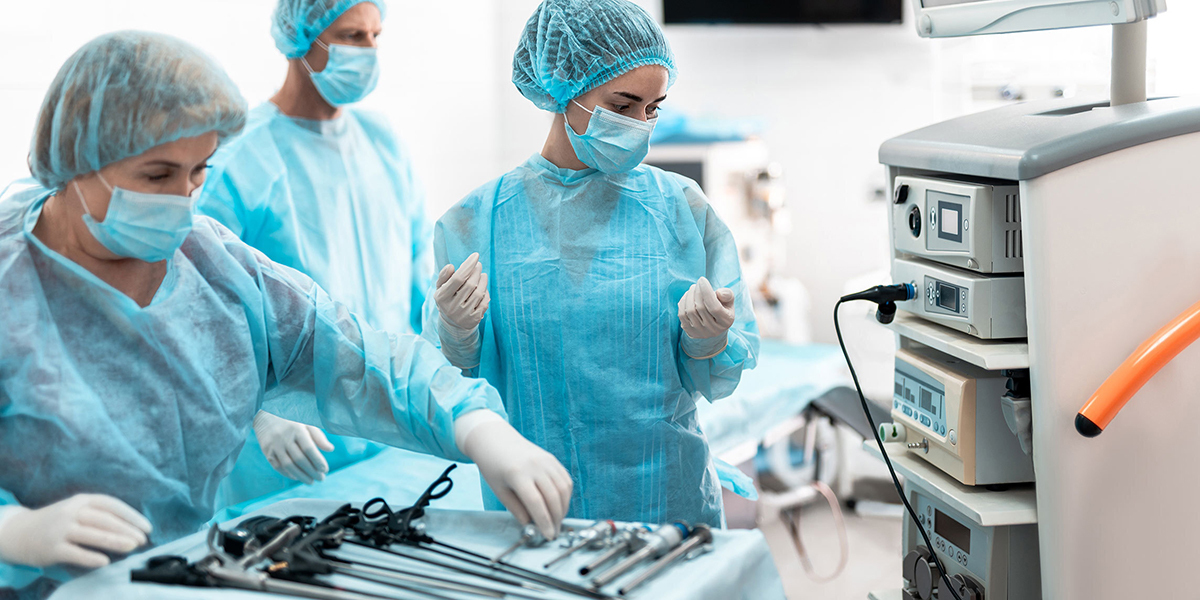About Tubal Disease
In the female reproductive system, structures called Fallopian tubes connect the ovaries, where eggs are produced, to the uterus (womb). If one or both of the Fallopian tubes are damaged, eggs cannot properly enter the uterus to be fertilized by sperm. Damage to fallopian tubes accounts for around 25% of all cases of infertility. People with tubal disease who can still get pregnant are at greater risk for an ectopic pregnancy, in which the fertilized egg implants in the Fallopian tubes or some other location besides the uterus.
Symptoms of Tubal Disease
Tubal disease symptoms vary based on the extent of the damage to your Fallopian tubes.
Symptoms of tubal disease may include:
- Chronic pelvic pain
- Infertility
Risk Factors for Tubal Disease
Any circumstance by which your Fallopian tubes become damaged can increase your risk for tubal disease.
Risk factors for tubal disease may include:
- Health history: The Fallopian tubes can be damaged by a previous surgery, infections such as chlamydia or gonorrhea, or other gynecological conditions including pelvic inflammatory disease, endometriosis, or uterine fibroids.
Treating Tubal Disease at UT Health Austin
Tubal disease is usually treated surgically, though the exact procedure may vary based on the severity of your condition as well as the location of the tubal blockage. Minimally invasive techniques such as laparoscopic or robotic surgery can reduce the pain and recovery time associated with your procedure. In some cases, patients with tubal disease choose to undergo in vitro fertilization (IVF) to become pregnant without the egg traversing the Fallopian tube into the uterus. Your care team will work with you to determine the best course of treatment.
Care Team Approach
Patients are cared for by a dedicated multidisciplinary care team, meaning you will benefit from the expertise of multiple specialists across a variety of disciplines. Our board-certified and fellowship-trained gynecologists have extensive experience in performing minimally invasive gynecologic surgery and work alongside a team of women’s health experts, including nurses, advanced practice providers, dietitians, social workers, and more, providing unparalleled care for patients every step of the way.
We collaborate with our colleagues at the Dell Medical School and The University of Texas at Austin to utilize the latest research, diagnostic, and treatment techniques, allowing us to offer a safer and more effective alternative to traditional open surgery by avoiding a large abdominal incision. With minimally invasive gynecologic surgery, patients experience smaller incisions, less pain, less blood loss, shorter hospital stays, faster recovery times, reduced scar tissues, increased surgical accuracy, and less risk of infection or other complications.
Learn More About Your Care Team

Minimally Invasive Gynecologic Surgery
